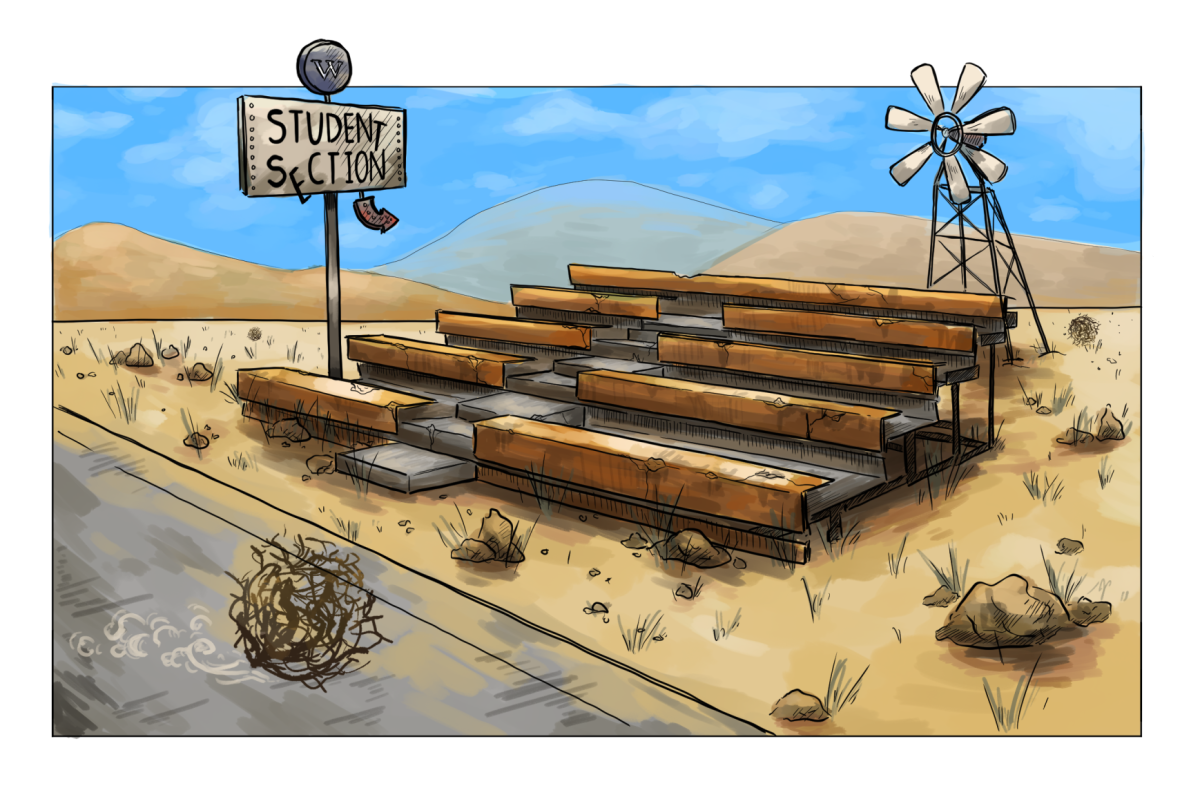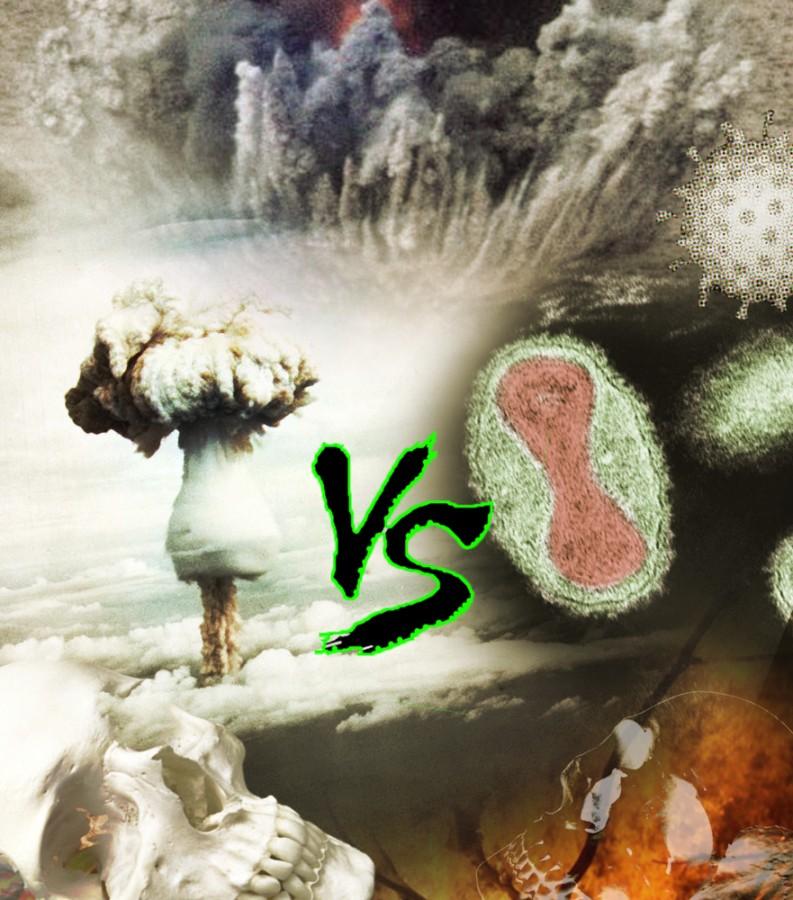
At long last, the wait is over. The problem of world peace has been solved––by liberal arts students, nonetheless.
After eight years of research, psychological assessments and statistical analyses, a group of four graduates of liberal arts colleges around the world have completed a six-page document containing the answer to the seemingly endless question of world peace. The group submitted the document to the United Nations on Sunday night, and an announcement regarding the assessment of the proposal will begin no later than next Tuesday.
“I cannot believe we’re finally done,” said Katherine Cherundolo, a graduate of Swarthington College in Massachusetts with a double major in environmental studies and sociology. “This has been a long process, one we never thought we would actually finish.”
The results of countless studies of world leaders and influential figures of the past, both positive and negative, led the group to their final conclusion.
“It took lots and lots of comparative studies,” said Richard Keith, who graduated from Bennington Alps College in northern Italy with a degree in history. “We looked at everyone, from figures of the ancient world like Odysseus to great travelers like Marco Polo to individuals from modernity like Fidel Castro and Barack Obama. We always asked the same questions: What types of decisions did they make? Under what historical and sociopolitical circumstances? Where are the connections?”
The group agrees that while coming to their solution was undoubtedly hard, writing the proposal was the most difficult part of the project by far. Having been given a 1,500-word limit by the U.N. for the written part of their proposal, the group remembers arguing for hours over every nuance.
“We spent so many days and nights hunched over in the Library of Congress, nothing but the illumination from our computer screens lighting the scattered papers and books and half-empty cups of coffee. I remember we were not allowed to go one word past that 1,500 word mark, the instructions were very clear on that. And that thesis argument! That was the bloody killer. We fought about it for so long I couldn’t think straight,” said Kate Clerk, a graduate of the London School of Liberal Arts with an English major and a rhetoric-psychology minor, who was also a member of the debate team.
The fourth member of the group, Armande de Bernard, was unavailable for comment. de Bernard is a graduate of La Petite École des Arts Libéraux in Paris where he completed a double major in world literature and biophysics with a minor in art history. According to his three peers, he is the busiest of the bunch.
“Armande is always flitting off to go look at a piece of artwork or read a really thick book,” said Keith. “He has this tunnel vision toward a goal but has so many goals that he is constantly shifting gears. He was that way in his college days, too. He tells us stories about running from class to lab to athletics and then sleeping on the couches at the library, all in between marathon study sessions and meetings over coffee with professors.”
When each member of the group was first getting started at his or her respective college, nobody believed that within a decade she or he would be at the brink of the greatest achievement in world history. The scope of the success is so huge that Cherundolo cannot find the words to express her excitement, much less the words to describe the group’s solution.
“Honestly I’m just riding that espresso-adrenaline hybrid right now,” she said. “Hopefully by tomorrow I’ll be able to talk about our proposed solution coherently and concisely, but now I just need to sleep. As long as I sound academic and confident everything should be fine. We’ll let the U.N. take it from here.”
And regarding the stereotype that liberal arts degrees don’t lead to much post-graduation?
“I mean, we solved world peace right? That’s positively massive,” said Clerk. “That must mean that liberal arts degree was good for something. At the very least, we can write an effective enough paper to make the U.N. interested!”
The United Nations will continue to confer on the proposal this week and make an official announcement at a press conference scheduled for Tuesday at 10 a.m. EST, aired live on CNN and all other major global news stations.





